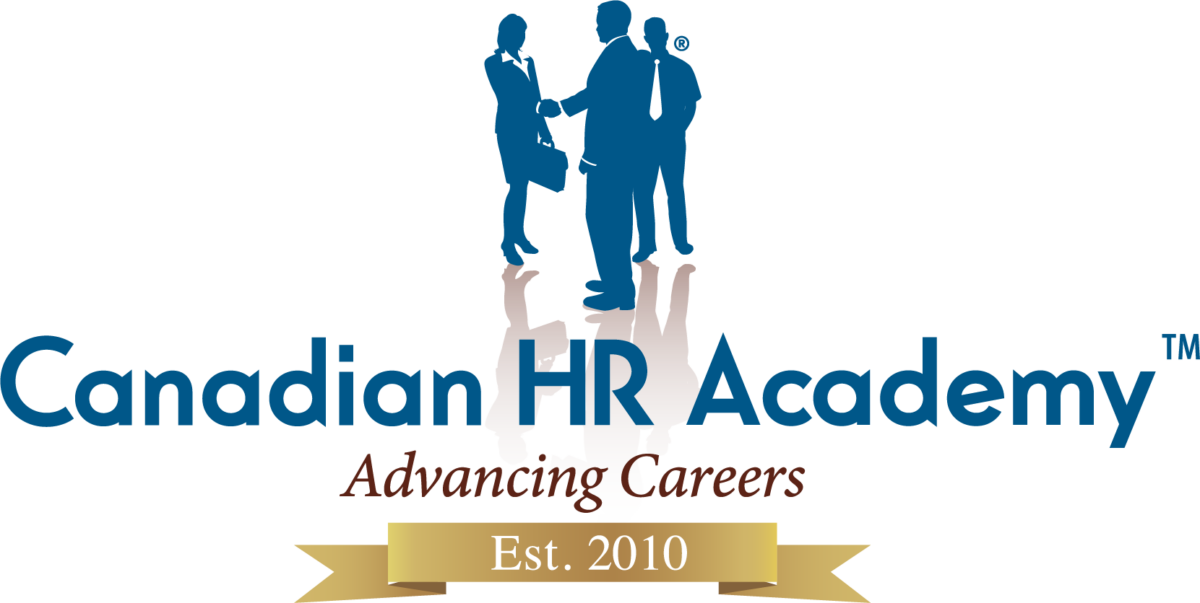
Human Resource (HR) professionals play a critical role in shaping the workforce and culture of an organization. For those in HR aspiring to reach the executive suite, the journey involves strategic career planning, continuous learning, and developing a broad skill set that aligns with organizational leadership. Here’s how HR professionals can prepare for and navigate the path to senior executive roles.
Broaden Your HR Expertise The first step towards an executive role is to gain a comprehensive understanding of all HR functions. This includes Workforce Planning, Talent Acquisition, Performance Management, Learning and Development, Leadership Development, Total Rewards, HR Law, Employee Relations, Labour Relations (if the organization is unionized), Health and Safety, Diversity/Inclusion, and HR Analytics. It is also a worthwhile idea to gain a good understanding of the allied internal verticals such as Organizational Effectiveness, Organizational Development, Change Management, and Human Resources Information Systems (HRIS). Becoming well-versed in these areas allows HR professionals to impact their organization’s strategic direction more significantly.
Pursue Further Training and Professional Development Continuing education is vital. Beyond your post-secondary education, we recommend the Certified Talent Management Practitioner (CTMP) Program because this program provides well-rounded strategic knowledge about the entire value-chain of talent in organizations. Furthermore, it is designed for people like you who will be using it at work on a daily basis therefore needing practical tips and techniques to under-gird your strategic thinking.
The CTMP is highly in demand and it does not require renewal. Once you have earned it, it is yours for your lifetime. There are also no membership fees associated with the CTMP.
Develop Business Acumen Through Training Understanding the business side of an organization is crucial for any executive. HR professionals should develop skills in financial literacy, strategic management, and operational efficiency. This can be achieved through cross-departmental projects or by pursuing training.
We recommend the Financial Analysis for HR Professionals Program because it provides business acumen. This program is designed to help you learn how to read basic financial statements and gain insights into the financial health of organizations in the private, non-profit, public, and broader public sector. It is designed to build your confidence with the numbers. Your ability to understand the financial imperatives of the organization for which you work is critical if you are headed for the corner office!
Build Strategic Leadership Skills Leadership is not just about managing a team; it’s about setting a vision and motivating others to achieve it. HR professionals should hone their skills in change management, decision-making, and strategic planning. Leadership training and mentoring can be invaluable in developing these skills.
Upon completion of the CTMP Program and the Financial Analysis for HR Professionals Program you will be awarded the Executive Talent Management Master’s Diploma for HR Professionals. This, like our other programs, is not an academic degree, it is professional training for the workplace. These training programs not only provide you with deeper knowledge, they also signal your commitment to the field and your readiness to lead the People and Culture function.
Cultivate a Strong Professional Network Networking is essential in any career, but for aspiring HR executives, building a broad network can provide mentorship opportunities, industry insights, and potential career advancements. Engaging with HR Professionals who you can meet in the CTMP Society of Canada and other professional communities, can enhance your profile and connections.
Gain Experience in Change Management Organizations are continually evolving, and executives must be adept at managing change. HR professionals can prepare for this by leading change initiatives, whether they involve implementing new technologies, restructuring teams, or introducing new company policies.
Enhance Communication Skills Effective communication is a cornerstone of good leadership. We recommend the Workplace Coaching for HR Professionals Program because it is designed to help you develop a strong communication competency that you can put to work immediately.
HR executives need to articulate complex ideas clearly, negotiate effectively, and persuade stakeholders across the organization. Regularly engaging in activities that challenge and refine your communication skills is beneficial.
Understand and Leverage Technology In the digital age, familiarity with HR technology, from data analytics to AI-driven HR tools, is increasingly important. Understanding how technology can optimize HR functions and improve employee experience is critical for any HR executive.
Demonstrate Impact with Data To reach the executive suite, HR professionals must demonstrate their impact on the organization’s success. This means using data to make informed decisions and to show the ROI of HR initiatives. Proficiency in HR analytics will enable you to provide evidence-based insights that influence strategic decisions.
Embrace a Global Perspective In our interconnected world, having a global perspective is a significant advantage. This could involve working on international projects, understanding diverse cultural dynamics, or managing global teams. Such experiences are valuable in shaping a well-rounded executive leader.
Reaching the executive suite as an HR professional requires a blend of expertise, strategic foresight, and leadership skills. By focusing on these areas, HR professionals can effectively position themselves as essential strategic partners in their organizations, ready to take on senior leadership roles. The journey is demanding but immensely rewarding for those committed to making a significant impact at the highest levels of their organization.
The Canadian HR Academy Team
